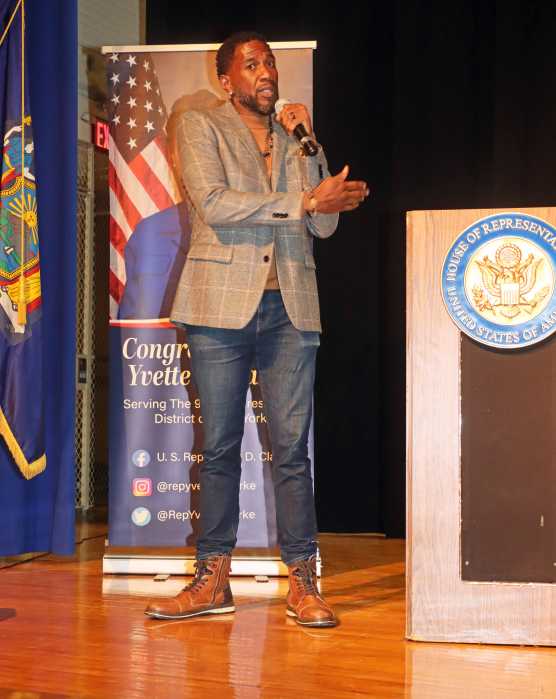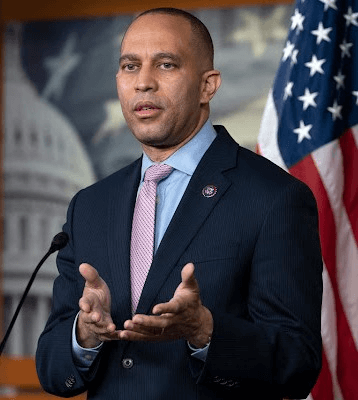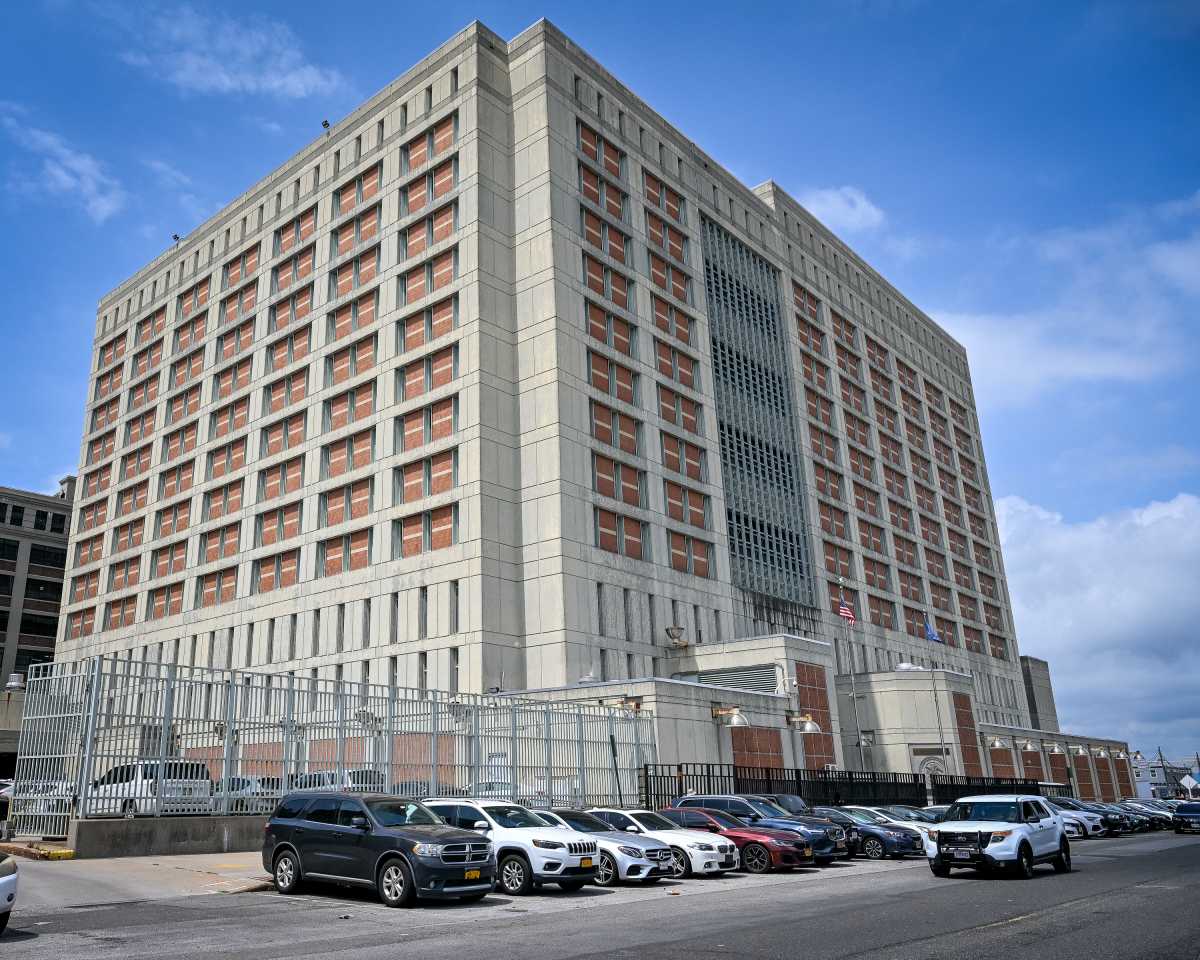Sistas’ Place 18th Jazz Season will start on Saturday, Sept.. 22, in celebration of John Coltrane’s birthday with saxophonist, Antonio Hart and his quartet. Sistas’ Place is located at 456 Nostrand Ave. (corner of Jefferson Ave), Brooklyn.
Recently,Charles Tolliver and his Big Band blew everyone away at a benefit for Sistas’ Place held at 966 Fulton St. in Brooklyn. Tolliver, a master conductor, took the helm in front of his 16-piece star-studded big band and bestowed the standing-room-only crowd with pure jazz.
The Big Band included the legendary George Cables on piano, the Strickland brothers: E.J. on drums and Marcus on saxophone, Bill Saxton, Howard Johnson, Bruce Williams, Todd Bashore also on saxophone. The trumpet section included Chris Alpert, Freddie Hendrix, David Weiss, and the great Tolliver himself. Young and gifted Devin Starks held it down on bass, and the trombones completed the big sound with Jason Jackson, Michael Dease, Stafford Hunter, and Aaron Johnson.
WBGO jazz radio personality, Rob Crocker was master of ceremony for the phenomenal event which drew musicians, performing artists and jazz connoisseurs from all over the city. During intermission renowned musician and radio personality James Mtume said, “Before I speak to this wonderful culture of jazz that we created I must say that we must understand its relationship to our politics. Our culture is a weapon that we must use for our liberation and self-determination. That is why institution’s like Sistas’ Place are so important to our community. Viola Plummer and the December 12th Movement opened Sistas’ Place because they are committed to control our culture and politics to move us forward. That’s why so many of us are here with our full support.”
Poet Laureate and writer Amiri Baraka was ecstatic with the Tolliver’s Big Band performance. He talked of his long history with Tolliver and the fight to control our culture in the Black Arts Movement.
“Someone started screaming ‘They just murdered Malcolm X,’ that froze me and a lot of people there in our tracks, especially the Black ones,” he began. “That bloody happening drove a lot of black artists out of the village, myself included. Plagued by the insistent question, what are we doing down here in the first place? We should’ve been uptown with Malcolm. A month later I was uptown, I was gone. We would go to W 130th St. and Lenox Avenue to found the Black Arts Repertory Theater school. Announcing it with a parade led by Sun Ra and his Myth-science Orchestra, across 125th Street myself carrying the Black Arts flag designed by the painter William Wright.”
“Before we left the village, we had two plays trying to raise money, produced in the St Marks Theater. One called “The Experimental Death Unit by Barbara Ann Teer, and “The Toilet” with Glynn Turman and Rodney Clanton, and others to raise money to get us uptown,” Baraka continued.
“Then I gathered musicians for the record “The New Wave in Jazz,” with Charles who wrote the liner notes for it. Nowadays, if you look for any signs of Leroi Jones on that property you ain’t going to find it. Everything’s been removed. Any listing, the liner notes, why that gathering was put together, and no mention at all of the Black Arts Repertory Theater School.”
It was at this happening that I first met Charles Tolliver, a young further bopper like myself, who was on that album, also included on that album with John Coltrane, Archie Shepp, Albert Ayler, Grachan Moncur III, Sun Ra, Elvin Jones, McCoy Tyner, James Spaulding, Billy Higgins, Bobby Hutcherson, and others. It reads like a summation of that whole period. Tolliver played two pieces in that session, ‘Brilliant Corners’ and ‘Plight’ his own composition. When editions of the album came out more pieces were dropped, the liner notes, the raison d’tre, all of that.
“Just like a character in a play of mine said ‘Tonto said the Lone Ranger got my history in his saddle bag.’ In this period when Black people were struggling for equal rights and self-determination Tolliver and Stanley Cowell organized the label Strata-East, which is still functioning. The label began functioning in 1971 and in 1972 the Gary (Indiana) Convention brought together eight thousand Black people. I’m telling you all this because all this stuff is happening at the same time,” Amiri Baraka concluded.
Culture is a weapon for our liberation.
























